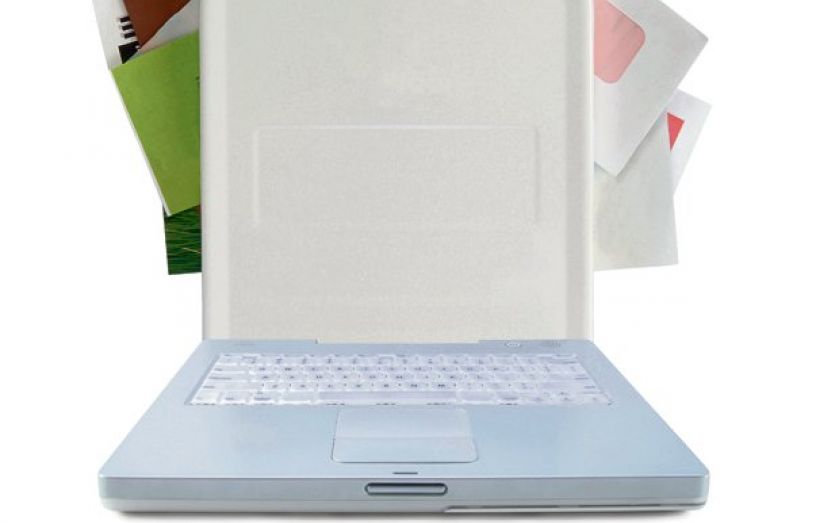| Updated:
Checking emails: The cost is higher than you imagine

Start clustering your responses – even relegate your boss.
Checking your emails is slowing you down – massively. A recent survey found that over half of respondents looked at their inbox more than 11 times a day. A third said they checked each time they got a notification. Even if you only receive 21 emails a day, that equates to breaking off from what you are doing every 20 minutes.
To make matters worse, an earlier study from Microsoft found that, having checked an email or taken a phone call, the average employee takes 15 minutes or more to get back to their previous task.
It’s never going to be possible to rid yourself of all distractions, but if you’re looking to become more efficient, breaking the email addiction is a good place to start.
TRUE BORN MULTITASKER
First, acknowledge that dealing with your inbox makes you feel more productive than you actually are. Emails are particularly good at creating an illusion of achievement, because each is a compartmentalised task. Yet the toll on efficiency can be high. The American Psychological Association, citing several recent studies, says that “switching costs” when going from one task to another can be relatively small – just a few tenths of a second per switch. But they add up. Even though jumping between email and a task might not feel inefficient, the brief mental blocks created each moment you switch can guzzle up to 40 per cent of those parts of the day when you work most productively.
KICKING THE HABIT
Writing in the Harvard Business Review, Ron Friedman recommends practical steps to nip email-checking in the bud: close your inbox, put your phone on silent and turn off push notifications. Leadership guru Michael Hyatt goes further: put your computer in offline mode to avoid temptation, he says.
Like so many visible distractions, inboxes often get used as the go-to when a stumbling block is hit: “I can’t finish that sentence… I’ll check my email.” Hyatt, referencing Timothy Ferriss’s book The 4-Hour Workweek, recommends restricting yourself to checking just twice a day – and not first thing in the morning and last thing at night. As far as he’s concerned, even emails from your boss can wait. If you fear repercussions, explain to them what you’re trying to achieve.
PRODUCTION LINE
Another strategy used by Hyatt is “batch processing” responses: treat clearing your inbox as you would any other task, giving it your full attention. Likewise, Friedman recommends clustering messages that require similar responses, so you can maximise efficiency by not replicating the same kind of answer at different points during the day.
You can push this further. Author of Extreme Productivity Robert Pozen uses the “only handle it once” (OHIO) principle to maximise efficiency. As soon as you get a message, make a decision on whether it requires a response. He believes 80 per cent don’t need one at all. If they do, answer promptly without agonising over detail – better a diamond with a flaw than a pebble without. A (short) meeting or phone call may well be a better medium of communication anyway, he says.
Stay on top of emails
CloudMagic
Free
Email heavy days are unavoidable, so finding tools to manage them may be the best option. There are plenty of apps out there to help streamline your approach, and CloudMagic is one of the consistently best received. It can work offline, assimilating up to five inboxes, automatically pushing messages into folders, and presenting them in a threaded conversation. You can set it to send reminders to follow up starred emails, and also connect it to business tools like Pocket, Evernote and Trello.